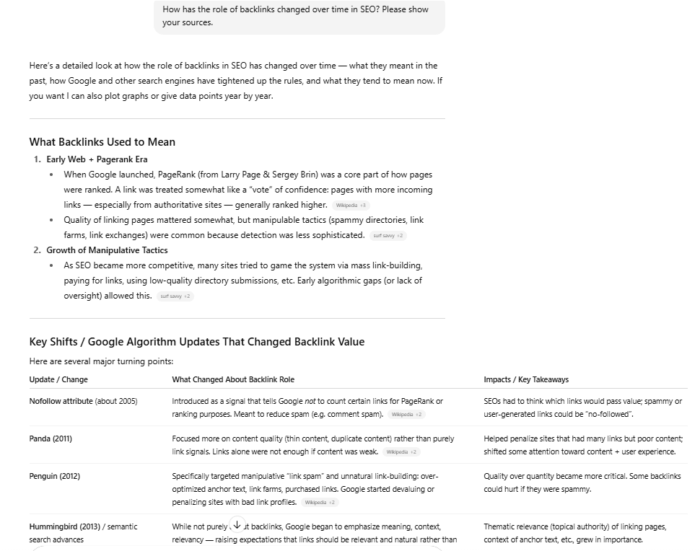5 Ways to Be Productive with Chronic Illness: How I Built a Business from Bed
“The master leads by weakening their ambition and toughening their resolve.” ~Tao Te Ching How much of productivity advice is ableist? Sure, there are lots of good ideas and concepts in there, but most of it is healthy body...


“The master leads by weakening their ambition and toughening their resolve.” ~Tao Te Ching
How much of productivity advice is ableist? Sure, there are lots of good ideas and concepts in there, but most of it is healthy body focused.
Advice like:
“Be sure to exercise in the morning.”
“Get up early before anyone else.”
“Keep a consistent morning routine of meditation, journaling.”
“Set aside fixed times in the day to do deep work.”
“Get dressed and do your hair even if you work from home.”
“Set goals and stick to them.”
“Work harder than anyone else around you.”
I have built a business entirely from bed, entirely from my pajamas, without ever getting up early, without knowing what time my body is willing to get up and function each day, with no schedule at all due to daily changing physical and schedule needs.
I set goals, but they only get done when they can; I cannot force my body to make anything happen. I might have a few hours a day average of usable time, some days it’s barely usable at all.
I’m 95-99 percent bedbound and have been for the last eight years since I started my business. Two of those years I was homeless living in tents, and I spent three more moving from B&B to B&B or hotel to hotel.
My illness threatens to end everything on a biweekly basis, sending me into a few days of complete inability to function, followed by a trauma shutdown state for a day or two more.
This is how I have been able to build a successful business in the midst of that, while learning from productivity teachers and adjusting the advice to these circumstances of chronic illness.
1. Let go of the stress.
The stress of working is one of the main things that prevents people with serious chronic illness from holding a job or running a business. Having a job that is super flexible has been key to my survival and success. Being able to take on tasks on my own time when I am able, without a deadline, is definitely central.
But still, it’s been vitally important that I’ve worked on letting go of stress around my work.
I was very much influenced by a video by Eckhart Tolle on how our thoughts make the situation what it is. It’s the thoughts and engrained associations with those tasks that create stress in the body making some of those tasks more difficult.
For example, typing a letter to a friend versus typing an easy email for work is technically the same job. Watching a movie that takes concentration versus watching an educational video for work is technically the same job. By remembering this, work-related tasks feel less daunting.
This is the most difficult item on the list for me, but I’ve made progress. I am still working on it!
2. Let go of perfectionism.
Banish this to outer space immediately! This was the best thing I ever did. I don’t have to keep going on a task until it’s done or until it’s perfect. I can keep many moving parts going without needing to do them all perfectly.
I do focus on excellence in the research and writing for my job, but anything that doesn’t need to be done perfectly, I don’t. If it’s good enough then it’s done.
You can’t be super productive in very little time and get caught up on anything that isn’t needed.
3. On that note, let go of any and every task that isn’t necessary.
This is the only way I have found time to work and is another big thing that can hold someone back.
Emails that don’t 100 percent need to be sent or replied to? I don’t do it.
PMs and messages? I don’t reply to almost all of them.
Social events (online or even emails) that I can’t make it to, I don’t.
Keeping up with email newsletters? I don’t.
Keeping up with the news, nope, can’t do that either.
Any task that comes my way regarding an account issue, to an order I need to put in, to something I need to clear up or fix with a company or provider, I ask myself if not doing it will not have any consequence. If not, it’s not getting done.
I have faced the most misunderstanding on the point of not responding to messages. But it’s a matter of survival. I cannot do all of those things and also make enough money to eat and pay my enormous illness-related bills.
4. Make time in a way that makes sense for you.
I don’t have very much control over my schedule, but I do have some. I don’t know if my body will function on a given day; I often urgently need to arrange getting medical appointments, medication, or other items needed for survival, and these things can throw off so many of my days.
But I still arrange my weeks in a way that allows for the best chance of streamlining my schedule and creating time for deep work.
I ask my caregivers to either come every second day, or at worst, take one day off per week. Some of those off days will coordinate with a “good day” for my body and will result in some time to dig into the larger chunks of work.
5. Organize tasks by ability.
I can’t know what my abilities will be like on any given day, so I always have a running tally of at least ten tasks that need to be done that vary in their length, cognitive ability required, concentration ability needed, and stress or annoyance level.
I usually have about three that are at the top of the list ready to go for good days. My best moments are reserved for deep research and writing, with the smallest tasks reserved for the sickest days, the days with the least amount of concentration ability, or days where I know I will be interrupted a lot.
I always do something, though, even if it’s just a ten-minute task that day. My entire business success is based on this “just do what I can approach.” But I never choose not to do anything just because it’s a day when I don’t feel great or have good cognitive ability.
I take some time to think through the tasks at night in the bath and in the morning before I get up from bed.
…
Those are my secrets to building a business from bed, and most of these strategies are a far cry from the conventional advice on how you need to schedule your day to be successful.
A “productive” schedule is one where you can accomplish what you want to in any way or at any speed that you need to.
See a typo or inaccuracy? Please contact us so we can fix it!

 Troov
Troov 































.jpg&h=630&w=1200&q=100&v=6e07dc5773&c=1)
